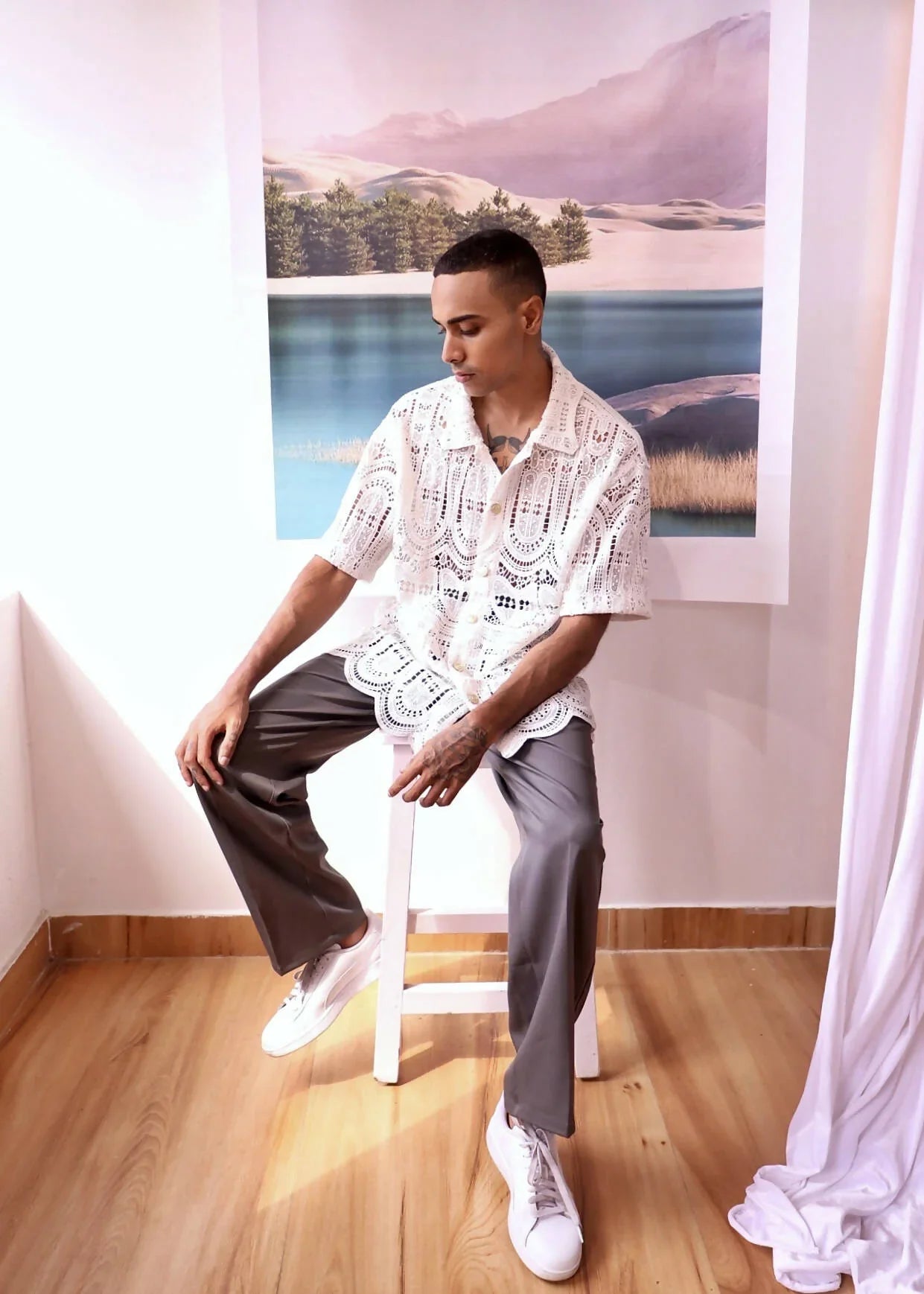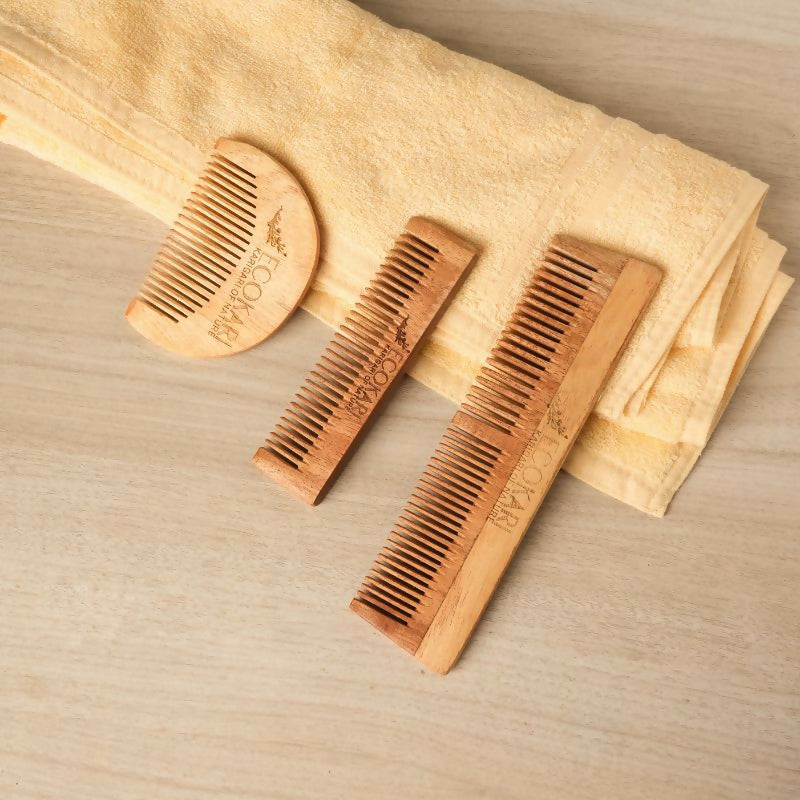Footwear with a Purpose: Upcycled Sustainable Sneakers

Sustainable sneakers represent environmental friendliness through creative craftsmanship, leaving a greener footprint. These shoes are crafted with a strong focus on impact and sustainability, upcycling a variety of unusual materials that would otherwise be discarded as waste or end up in landfills. These upcycled footwear versions prevent waste and showcase skillful repurposing, giving these materials a second life. Below, we highlight various brands that have created zero-waste sneakers using some difficult-to-recycle materials that have never been repurposed before, making these sneakers truly one-of-a-kind.
ACCIONA ENERGÍA x EL GANSO
Upcycled Wind Sneakers
ACCIONA Energía, a Spanish energy industry company, collaborated with El Ganso, a Spanish fashion brand, to create the world's first "wind sneakers" crafted from repurposed wind turbine blades. These innovative, limited-edition unisex shoes feature soles made from the blades of wind turbines that have been micro-processed. The specific blade used for this project was active from 1998 in Navarra, Spain, and has now been given a second life as sneakers. The project shows both companies' commitment to circularity and sustainability, claiming to save over 5000 tonnes of CO2, which is equivalent to the impact of more than 4100 trees, by recycling a single 23-meter-long blade. This collaboration highlights an interesting and effective approach to material reuse.

PANGAIA
Upcycled Grape Sneakers
Pangaia, a London-based sustainable fashion brand specialising in material science, is dedicated to creating an earth-positive future. With a mission that combines science and purpose, Pangaia addresses environmental problems in the industry. In 2020, they launched a unique product line - grape sneakers - available in black and white. These zero-waste sneakers are still available for purchase on their website. These grape sneakers are crafted from repurposed grape waste, a byproduct of the Italian wine industry, reusing discarded grape skins, seeds, and stalks. This resourceful use of waste material results in the creation of plant-based grape leather, offering an eco-friendly alternative to traditional animal leather. The sneakers feature soles made from recycled rubber, derived from industrial waste. Pangaia's grape sneakers are a creative effort in reimagining waste materials as valuable resources for sustainable fashion.

(Image Credit: Pangaia - Grape Sneakers)
TOKYO KIMONO SHOES
Upcycled Kimono Sneakers
Tokyo Kimono Shoes, a Japanese company, celebrates traditional Japanese culture by crafting footwear from unused kimono fabric. Each pair of shoes features authentic and one-of-a-kind prints, ensuring that no two creations are alike. This approach highlights the company's dedication to preserving the essence of Japanese artisanship. The brand stands to choose quality over mass production and emphasises quality and individuality. Their process involves giving a second life to luxurious kimono fabrics, which they acquire as unused materials. They create comfortable shoes that show individuality and reflects traditional Japanese culture and sustainability.

(Image Credit: Tokyo Kimono Shoes)
TOYODA GOSEI X ASICS
Upcycled Air Bag Sneakers
The collaboration between Toyoda Gosei, a Japanese auto-parts manufacturer under the Toyota Group, and ASICS, a renowned Japanese sportswear brand, represents a significant stride in sustainable fashion. Last year, they introduced a limited edition of recycled sneakers made almost entirely from upcycled airbags sourced from Toyoda Gosei, reflecting a shared commitment to environmental sustainability and the circular economy. Toyoda Gosei has been proactive in finding innovative ways to repurpose resources, and this partnership with ASICS highlights their dedication to this cause. These sneakers are a creative solution to the challenge of recycling airbag fabric and wheel remnants, which are typically difficult to repurpose due to their complex material composition. This joint venture collectively has transformed hard-to-recycle airbag materials into fashionable and functional sneakers.

(Image Credit: Toyoda Gosei x Asics)
NAT-2 FOOTWEAR
Upcycled Aluminium Foil Sneakers
Nat-2, a luxury high-end sustainable brand from Germany, stands out in the fashion industry for its innovative approach to eco-friendly design. Led by Sebastian Thies, whose family has been involved in the footwear industry since 1856, Nat-2 continues a long tradition of shoe design originating in Munich. The brand's production processes involve small-scale manufacturing in Italy. One of their notable creations is the Nat-2 Sleek Alchemist sneakers, which feature an upper sole made from upcycled aluminum foil.

(Image Credit: Nat-2 x Remeant)
These vegan shoes are handcrafted in Italy, exemplifying the brand's dedication to quality and environmental responsibility. Nat-2's innovative use of materials is specifically striking in their choice of pre-used household aluminum foil, commonly used for food packaging, which they repurpose for their sneakers. The idea behind the product was to give new life to unconventional and never-used materials. These sneakers are part of the Nat-2™ Reduceusecycle Line, developed in partnership with Remeant, an eco-textile company known for upcycling plastic and exploring diverse material reuse.
Upcycled Bubble Wrap Sneakers
Under the Nat-2™ Reduceusecycle Line, the brand continues to push the boundaries of sustainable footwear design. In another collaboration with Remeant, a company known for its innovative use of upcycled materials, they have developed vegan sneakers made from bubble wrap, a single-use material discarded after serving its initial purpose in packaging, is given a new lease on life in these unique sneakers. The creation of these bubble wrap sneakers is particularly noteworthy as it's stated to be the first of its kind. Its a common packaging material that has been turned into fashionable footwear. Nat-2 and Remeant demonstrate that even the most unlikely materials can be repurposed in stylish and eco-conscious ways.







Versatile shoes are a must-have for busy lifestyles!From office meetings to weekend outings, having the right pair makes all the difference. Look for styles that offer both comfort and elegance for all-day wear!
Leave a comment